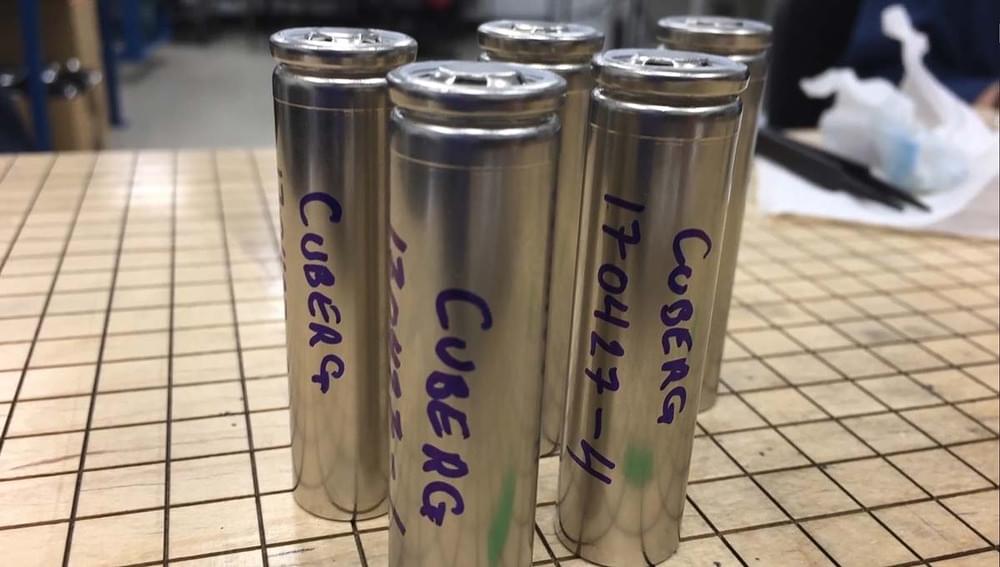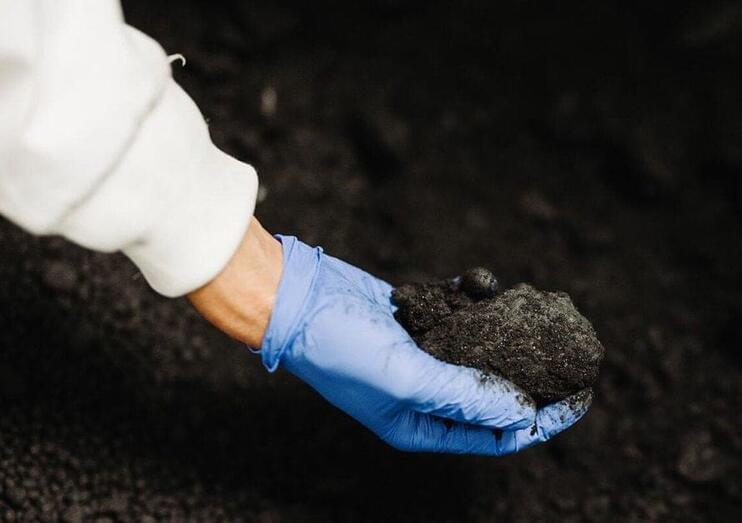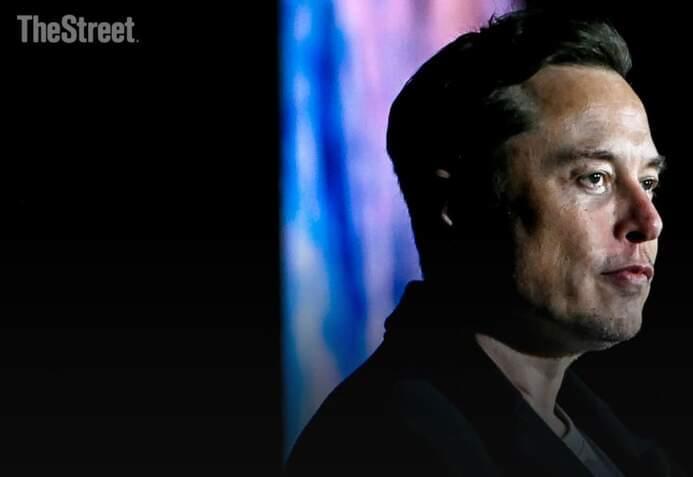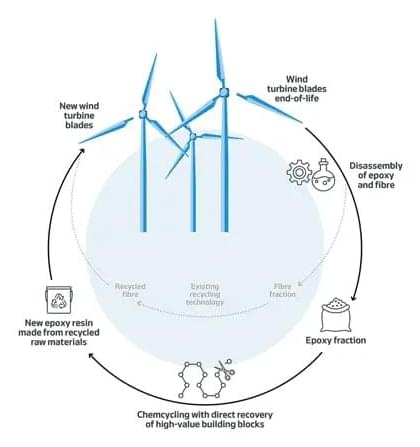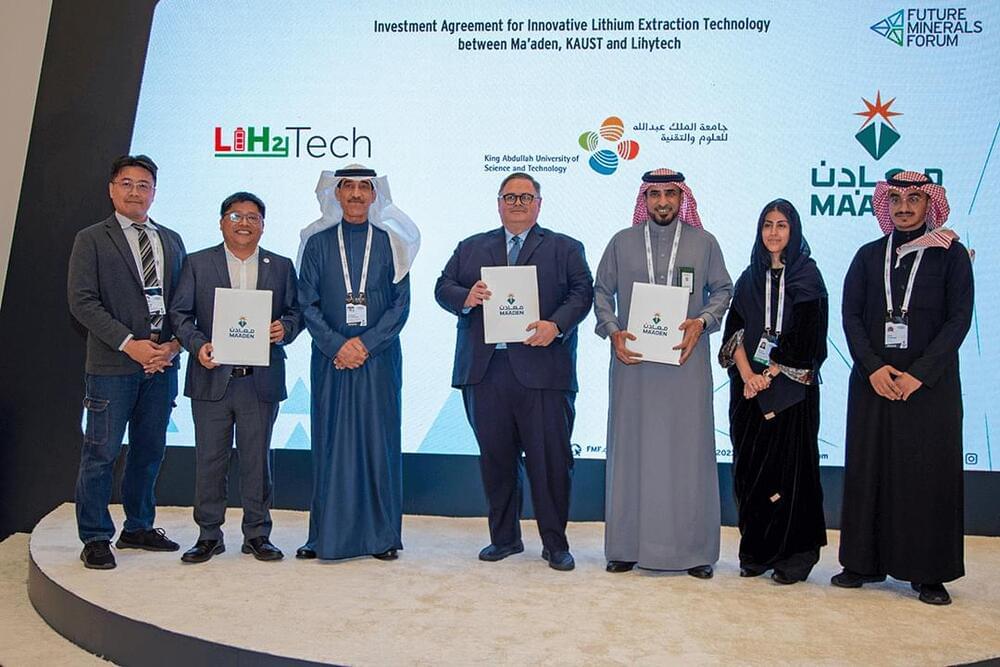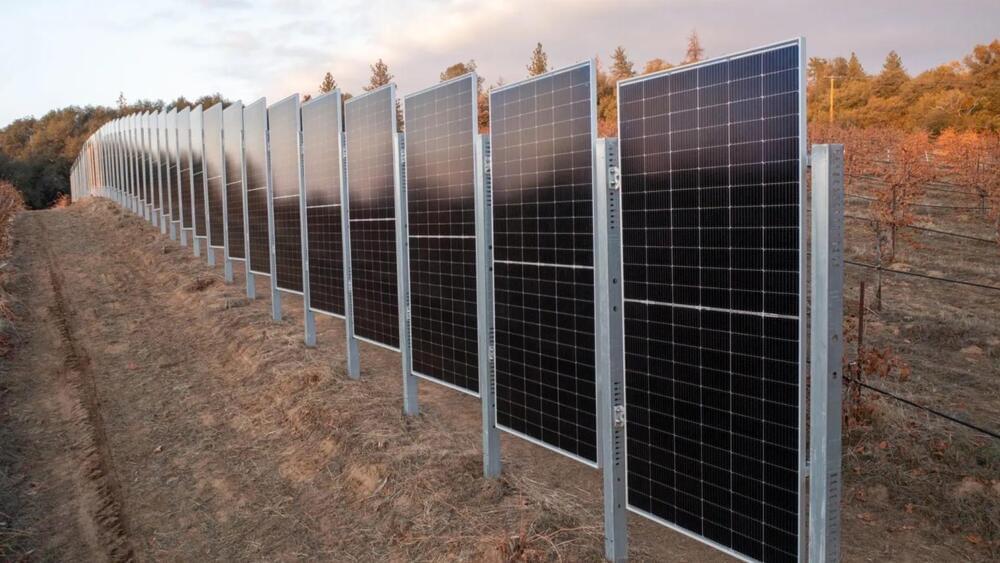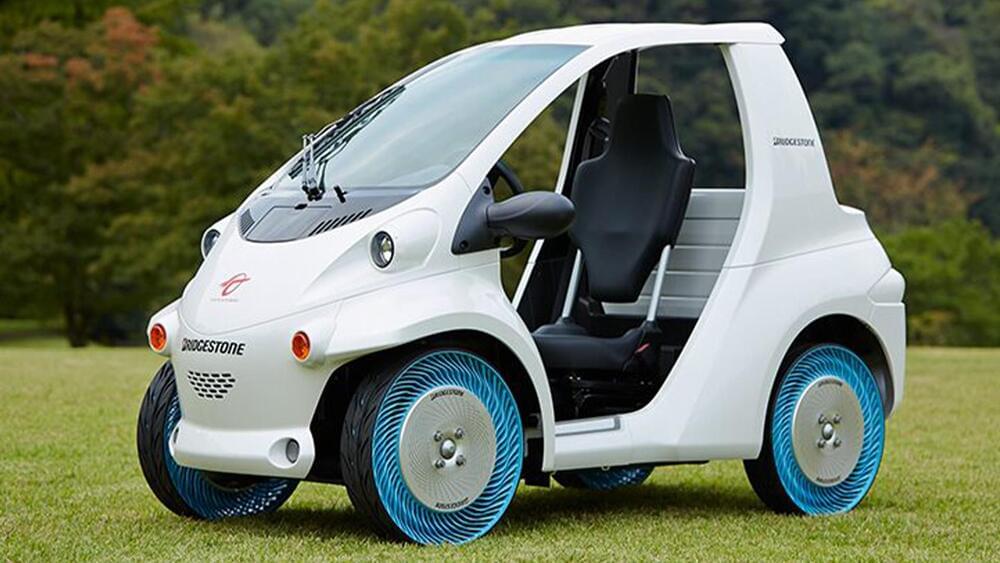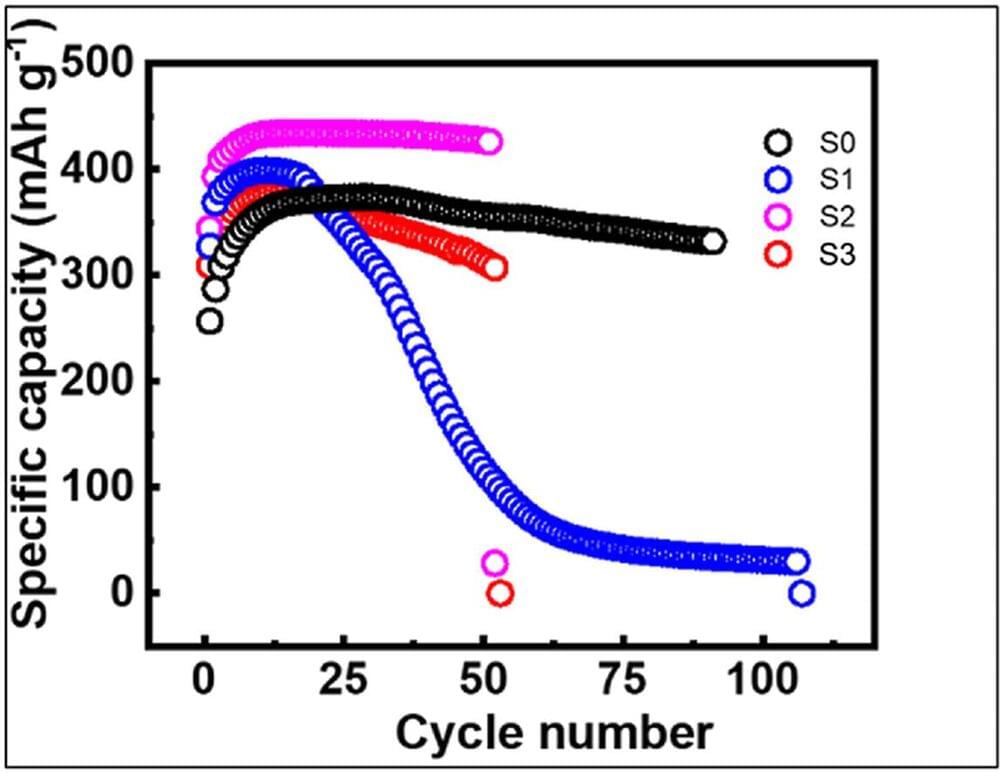Feb 11, 2023
New Lithium Metal Battery Lets Drones Fly 70 Percent Longer
Posted by Gemechu Taye in categories: drones, energy, nanotechnology, sustainability
Nanoscale defects and mechanical stress cause the failure of solid electrolytes.
A group of researchers has claimed to have found the cause of the recurring short-circuiting issues of lithium metal batteries with solid electrolytes. The team, which consists of members from Stanford University and SLAC National Accelerator Laboratory, aims to further the battery technology, which is lightweight, inflammable, energy-dense, and offers quick-charge capabilities. Such a long-lasting solution can help to overcome the barriers when it comes to the adoption of electric vehicles around the world.
A study published on January 30 in the journal Nature Energy details different experiments on how nanoscale defects and mechanical stress cause solid electrolytes to fail.
Continue reading “New Lithium Metal Battery Lets Drones Fly 70 Percent Longer” »
